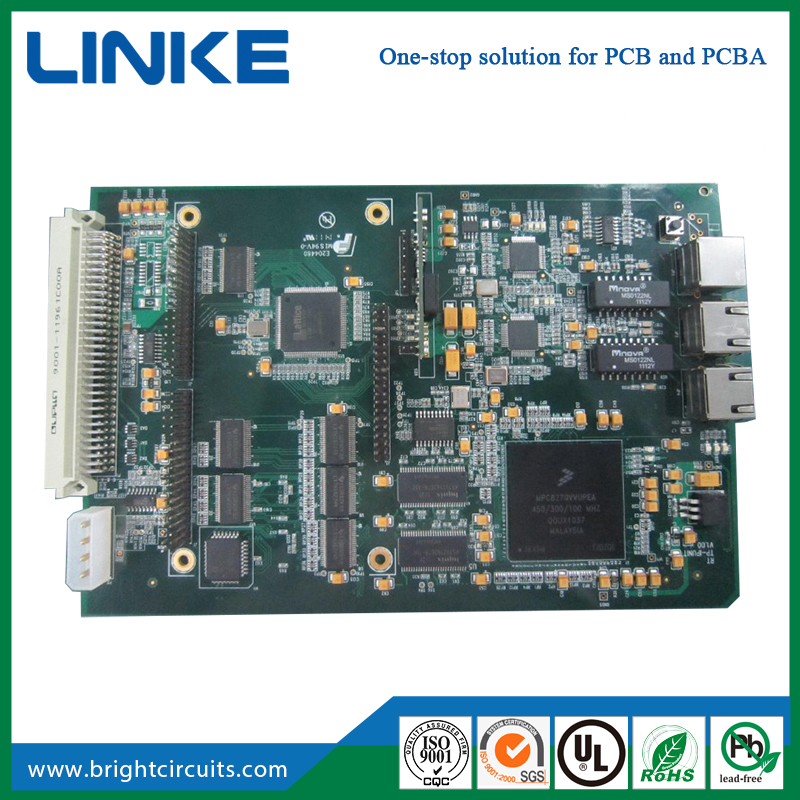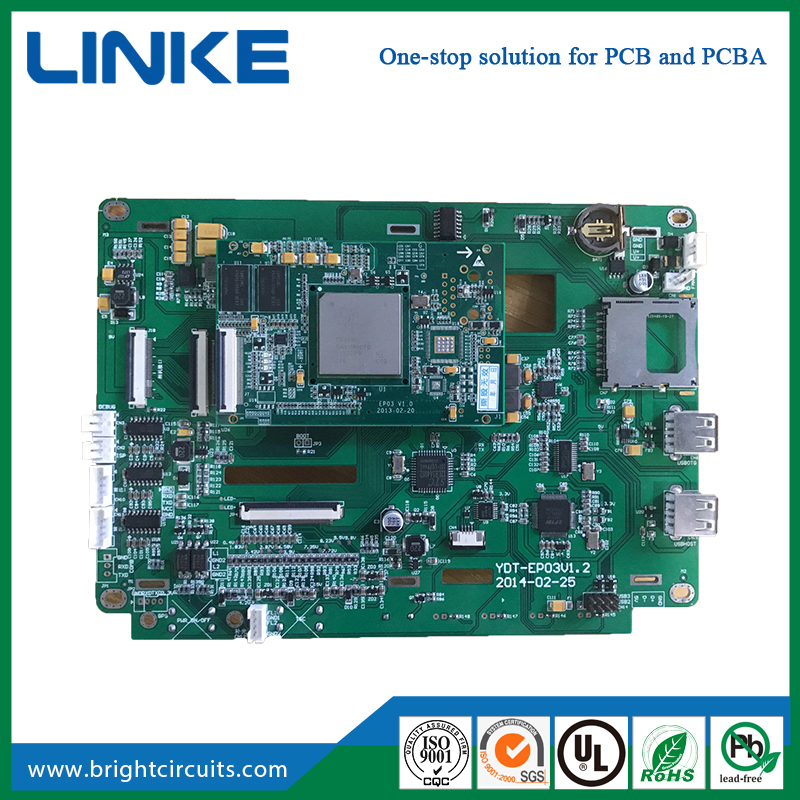
A variety of undesirable phenomena and production defects often occur in soldering printed circuit boards, and many of these defects are caused by solder paste problems in soldering printed circuit boards. Solder paste defects are also more complicated in the detailed control of PCBA processing, involving many processes, such as BOM and Gerber, component procurement, storage and access control, solder paste printing, SPI solder paste inspection, reflow and other processing links. The following professional SMT PCBA processing manufacturer Linke Electronics will share with you some methods to reduce solder paste defects.

First, the requirements of the quality management system must be strictly implemented during the PCBA processing.
Second, the processing cycle is generally long in large-scale PCBA patch processing. At this time, there may be dry solder paste on the stencil, or the template openings and misalignment of the circuit board are likely to cause factors such as poor soldering. All need to be handled in a timely manner.
Third, the printing cycle is fixed in a specific mode during the solder paste printing process. Make sure the stencil is on the pad, this will keep the solder paste printing process clean.
Fourth,After the solder paste is printed, the improperly printed PCB should be placed in the immersion solvent immediately, because the solder paste is easy to remove before drying.
Fifth,in order to prevent solder paste and other pollutants from remaining on the surface of the circuit board, you can wipe it with a clean cloth. After soaking, brush with a mild spray and dry with a hot air fan.
Leave a Reply